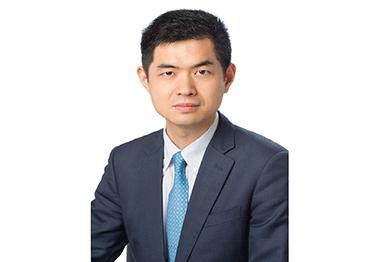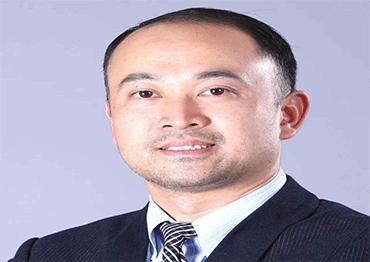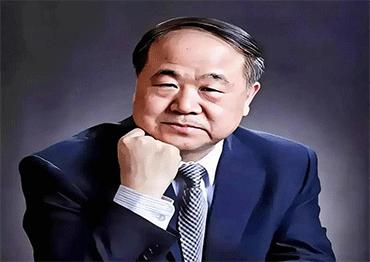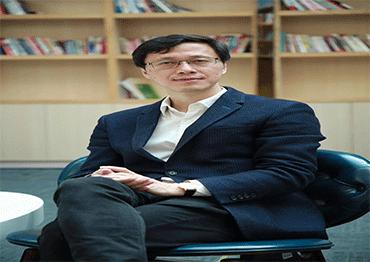“When facing egregious acts of abuse, merely calling them ‘domestic violence’ risks obscuring the nature of the crimes. We must clearly distinguish between ‘family affairs’ and ‘crimes.’ That we can do.”
Zhou Dongxu, a commentator with Caixin, on a case in Hebei Province where a woman was allegedly abused and killed by her husband, with her mother-in-law accused of covering it up. Both the husband and his mother have been arrested.
“The ultimate goal of resisting over-competition is to let the market play a greater role in resource allocation and competition. Essentially, over- competition occurs partly because market signals are ignored. A typical example is that some industries keep increasing production capacity even as prices continue to decline.”
Xing Ziqiang, chief Chinese economist at Morgan Stanley, in an interview with China Finance 40 Forum in August
“The hegemony of the US dollar may seem unshakable, even self- enhancing, but it still has limits. It depends on global consensus that US Treasury bonds are ‘safe assets.’ Yet, recent US actions have been eroding this trust from within, while declining investor risk aversion and the emergence of alternatives are shrinking its boundaries from the outside.”
Miao Yanliang, chief strategist at China International Capital Corporation (CICC), in his August article for China Forex, a magazine under China’s State Administration of Foreign Exchange
“Short videos have too much influence on people. You doomscroll and suddenly hours are gone. They bring a lot of new information, but they also carry people away. The biggest problem is that if you keep watching specific types of content, the platform will recommend you more of the same. This makes people narrow-minded. You end up seeing only what you already want to see, while missing everything else. It seems like you’re getting a lot of information, but in fact, your understanding of society becomes less complete than before.”
Chinese author Mo Yan in a recent interview with China Newsweek
“In education, our first step with AI should not be figuring out how to use it, but how to restrict it... Education is not about training someone to use AI more effectively. If it cannot raise a person’s ethical and spiritual qualities, then what is the purpose of education?”
Yang Lihua, a professor at Peking University, cited by a recent NetEase tech program
“Livelihood investment that focuses on providing more and better public services has a triple reform effect, combining fairness with efficiency. First, improving people’s well-being generates greater social benefits. Second, new demographic dividends foster the development of new quality productive forces, boosting the economy’s growth potential. Third, easing people’s concerns about consumption helps balance the ‘three drivers’ of demand – investment, consumption and exports, further increasing domestic demand’s role in supporting growth.”
Cai Fang, member of the Chinese Academy of Social Sciences, writing for Theory Weekly, a newspaper under Hainan Daily
“Our achievements and shortcomings in reforms did not suddenly emerge, but are the accumulated results of years of change. Without understanding history, it is hard to understand the present.”
Chinese economist Wu Jinglian at a Shanghai book event on August 16
“We all hope for a more caring world, where our elderly, children and pregnant women receive help from others. But the legal risks behind acts of kindness must be removed, and the bottom line of judicial fairness must be upheld. Justice is not about who is weaker, but about who is right or wrong. Sometimes, rulings that seem to protect the vulnerable may actually block the road for others seeking help in the future.”
Shen Bin, lead writer at The Paper, commenting on a case in Foshan, Guangdong Province, where the family of an elderly man sought compensation after he died suddenly while using a shop’s restroom

 Old Version
Old Version




